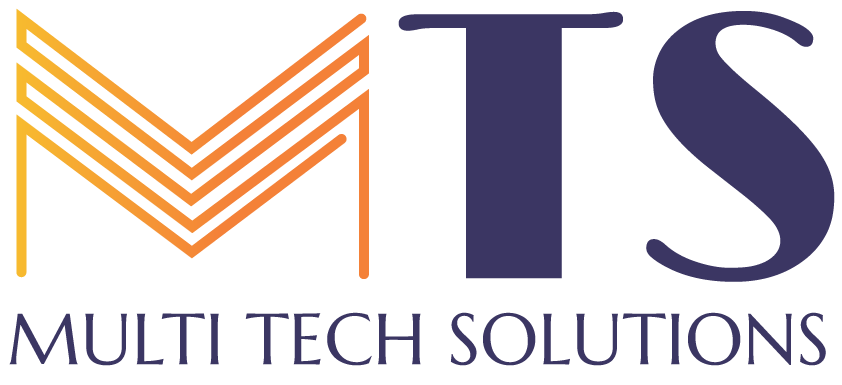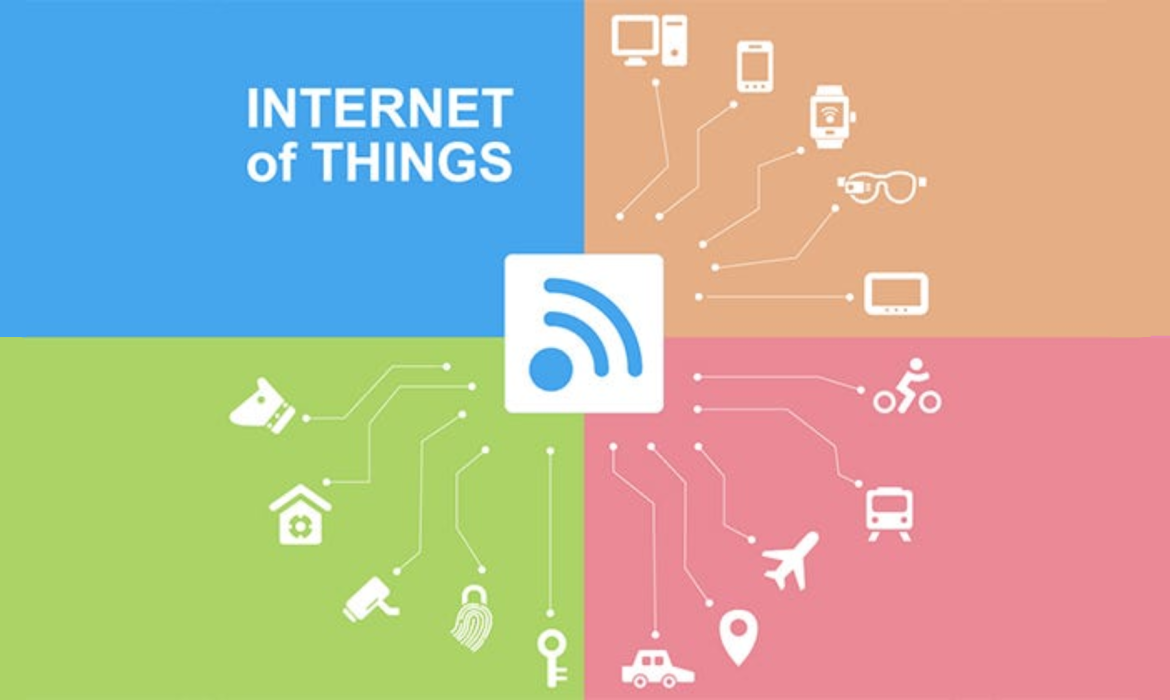
The world is rapidly transforming into a hyper-connected realm, thanks to the Internet of Things (IoT). This technological phenomenon has had a profound impact on various industries, and business operations have not been left untouched. The integration of IoT into corporate settings has led to significant advancements, streamlining processes, and unlocking new opportunities for growth and efficiency.
1. Enhancing Efficiency with IoT in Business Operations
The adoption of IoT devices and sensors in businesses has resulted in improved efficiency through various means, including:
Real-time Data Analysis: IoT devices provide instant access to valuable data, enabling businesses to make data-driven decisions promptly.
Automated Systems: IoT-driven automation reduces manual intervention, optimizing workflows, and eliminating human error.
Predictive Maintenance: Sensors in machinery allow predictive maintenance, preventing costly downtimes and prolonging equipment life.
Inventory Management: IoT-powered inventory systems help monitor stock levels, ensuring optimal inventory levels and minimizing stockouts.
2. Revolutionizing Supply Chain Management
IoT has introduced a revolutionary transformation in supply chain management, leading to:
Enhanced Tracking and Visibility: Real-time tracking of goods during transit ensures better visibility and enables timely interventions.
Temperature and Quality Monitoring: IoT sensors enable the monitoring of temperature-sensitive goods, ensuring their quality is maintained throughout the supply chain.
Route Optimization: IoT-powered route planning enhances efficiency, reducing transportation costs and delivery times.
Supplier Relationship Management: IoT-enabled systems facilitate better collaboration and communication between businesses and suppliers.
3. Improving Customer Experience through IoT
Embracing IoT has allowed businesses to enhance customer experiences significantly:
Personalization: IoT data helps in understanding customer preferences, enabling personalized marketing and tailored services.
Smart Customer Support: IoT-powered customer service systems provide quick and proactive assistance, enhancing customer satisfaction.
Product Enhancements: IoT enables continuous monitoring of products, facilitating updates and improvements based on user feedback.
4. IoT-driven Business Models
The integration of IoT has led to the emergence of new business models:
Product-as-a-Service (PaaS): IoT-enabled businesses are shifting towards offering products as services, providing customers with ongoing support, maintenance, and upgrades.
Data Monetization: IoT-generated data can be a valuable asset, and businesses can explore new revenue streams by selling anonymized data or providing data-driven insights to partners.
Subscription-Based Models: IoT facilitates subscription-based revenue models, providing a steady income stream and building customer loyalty.
5. Data Security and Privacy Concerns
While IoT offers numerous benefits, it also raises concerns about data security and privacy:
Data Breaches: IoT devices may become vulnerable entry points for cyber-attacks, compromising sensitive business information.
Data Encryption: Implementing robust encryption methods ensures data transmitted between devices remains secure.
Privacy Regulations: Compliance with data protection regulations becomes crucial to protect customer data and avoid legal repercussions.
6. IoT in Workplace Optimization
IoT has the potential to optimize workplace environments:
Smart Office Spaces: IoT devices can manage lighting, temperature, and other environmental factors, ensuring a comfortable and productive workspace.
Employee Monitoring: IoT tools can monitor employee activities, leading to insights for improving productivity and work processes.
Safety and Security: IoT-driven safety systems can detect potential hazards and enhance security protocols within the workplace.
7. Challenges of IoT Implementation in Business Operations
Despite the numerous advantages, IoT implementation comes with challenges:
Cost of Implementation: The initial investment in IoT infrastructure can be significant for some businesses.
Integration Complexity: Integrating IoT systems with existing processes and software may require expertise and effort.
Scalability: Ensuring that IoT systems can scale to meet growing demands and data volume is crucial.
In conclusion, the Internet of Things has undoubtedly revolutionized business operations across various industries. The integration of IoT devices and systems has led to improved efficiency, enhanced customer experiences, and optimized supply chain management. While there are challenges to overcome, the benefits of adopting IoT in business operations are immense, and companies that embrace this transformative technology stand to gain a competitive edge in the dynamic business landscape.




